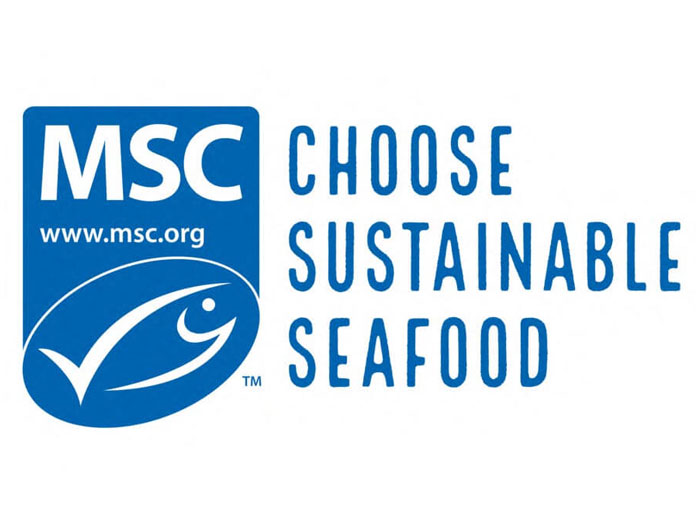Governments Must Cooperate to Seize the Opportunities of a ‘Blue Food Revolution’
September 24, 2021 | 3 min to read

The Marine Stewardship Council (MSC) welcomes findings of the Blue Food Assessment, but urges greater action from international community.
Today’s publication of the Blue Food Assessment (BFA) sends a strong and powerful message to policy makers that they must act now, if future generations are to benefit from ‘blue food revolution’, according to the MSC, the not-for-profit responsible for the world’s largest sustainable seafood certification programme.
The report gives one of the most comprehensive reviews to date of the role that blue foods could play in addressing the combined challenges of climate change, sustainable development and malnutrition. With the growth in global demand for blue foods set to roughly double by 2050, sustainable management of our ocean resources offers a win-win for people and planet.
As highlighted by the BFA, while aquaculture has an increasingly important role to play, sustainable management of the world’s wild-capture fisheries is also imperative in feeding a growing population. It also provides opportunities to reduce the environmental footprint of animal-protein compared with land-based production.
Research shows that if all wild-capture fisheries used sustainable practices, 16 million tonnes more in catch could be generated every year, with the MSC’s own analysis suggesting this would meet the protein needs for 72 million more people around the world. The importance of effective fisheries management has been shown by the recovery of fish stocks including some commercial tuna species, Patagonian toothfish, Icelandic cod and Cantabrian anchovy.
Globally, however, the percentage of fish stocks overfished is increasing year on year, with 34% now fished beyond sustainable limits. Climate change is also creating new challenges for some of the world’s most well-managed fisheries. Many governments are struggling to agree how to reallocate fishing quotas and prevent overfishing as the distribution of fish stocks moves across geo-political boundaries. The recent suspension of sustainable certification of Northeast Atlantic mackerel, herring and blue whiting fisheries provide the most pertinent examples.
Erin Priddle, Programme Director for the Marine Stewardship Council in Northern Europe says:
“The Blue Food Assessment demonstrates the huge potential that blue foods – both farmed and wild – have to feed the world’s growing population. It is essential, however, that this growth is sustainable and well managed.
“With the deadline for the Sustainable Development Goals just nine years away, now is a critical moment for policy-makers to act. Climate change, population growth and overfishing are converging to create a perfect storm which threatens the future health of our aquatic resources, and the billions of people that depend on them. Governments have a responsibility on behalf of the public to safeguard our oceans for current and future generations. However, we are seeing international fisheries governance under strain as governments struggle to find consensus on how to share fish stocks according to important scientific limits. If we follow the science, experience shows us that we can reap the ocean’s potential to feed and sustain the lives of billions of people while also protecting its incredible biodiversity. But we must not wait until it’s too late.”
